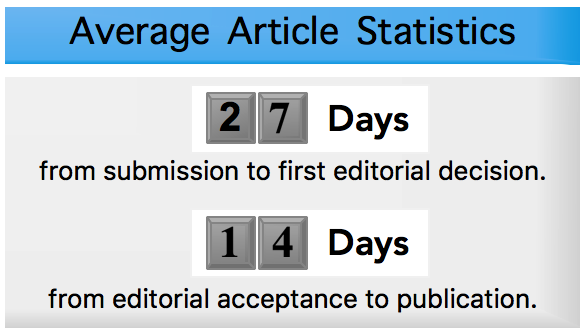Downloads
Abstract
Dipterocarpus alatus tree grows prolifically throughout Thailand and can be tapped to yield significant quantities of oil to be used as natural diesel. However, such practices lead to waste dried fruit dropping from the tree. At present, there is no utilization of this dropped fruit, therefore costeffective processes need to be applied to obtain higher value products from this waste. A possible to utilization is the conversion to activated carbon for adsorption applications including the removal of heavy metals, dyes, and other contaminants in water purification and other decontamination process. A major challenge of current commercial activated carbon is the high production cost and recently it has been shown that chemical activators comprise a significant proportion of these costs. This feasibility study investigates the use of Dipterocarpus alatus fruit as raw material to produce low cost activated carbon adsorbents. Activated carbon was prepared from Dipterocarpus alatus fruit: endocarp, mesocarp, and wing by chemical activation with ZnCl2, FeCl3, and KOH. Each part of the fruit was impregnated with 30 wt% activating agent at a ratio of 1:2 for 1 h and then carbonized at 500 oC for a further 1 h. The surface area, pore volume, and average pore size of the resulting carbons were characterized by nitrogen gas adsorption. Activation of mesocarp with ZnCl2, KOH, and FeCl3 gave activated carbons with the surface area of 447, 256, and 199 m2/g, respectively. In the same way, ZnCl2 activation gave a maximum surface area of 312 and 278 m2/g for wing and endocarp, respectively. All of the aforementioned samples have an average pore size of around 2 nm. In contrast, KOH and FeCl3 activation of wing and endocarp produced activated carbon with very low surface area (below 25 m2/g), but with an average pore size of 5- 14 nm. The maximum surface area of activated carbon prepared from Dipterocarpus alatus fruit was higher than some literature examples for activated carbon from other biomass. Consequently, Dipterocarpus alatus fruit demonstrated significant potential as a feedstock for the preparation of low cost activated carbons.
Issue: Vol 3 No SI3 (2020): Special Issue: Recent Advances in Applied Sciences
Page No.: SI75-SI80
Published: Dec 31, 2020
Section: Research article
DOI: https://doi.org/10.32508/stdjet.v3iSI3.641
Download PDF = 354 times
Total = 354 times

 Open Access
Open Access 








